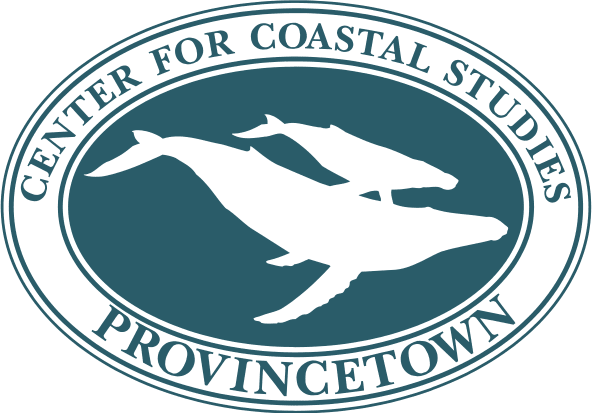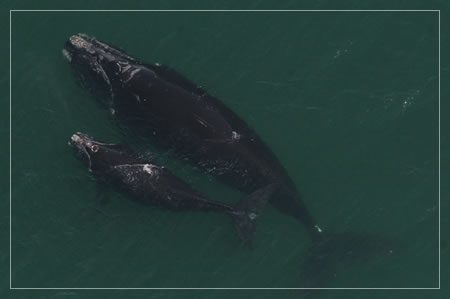A regional collaborative convened by the Gulf of Maine Association has developed a field guide to debris items commonly found along the shores of the Gulf of Maine.
Through a grant from the National Oceanic and Atmospheric Administration’s (NOAA) Marine Debris Program, a two-year partnership between the Center for Coastal Studies (CCS), Urban Harbors Institute, Gulf of Maine Council, Blue Ocean Society for the Marine Environment, Huntsman Marine Science Centre and Surfrider Foundation has engaged hundreds of volunteers in cleanup efforts, removed thousands of pounds of debris from the region’s shores, and provided images and descriptions for a comprehensive Field Guide to Marine Debris In the Gulf of Maine.
The full-color pamphlet features 103 debris types sorted in nine categories including Food-related, Personal Hygiene, Fishing, Construction, Potentially Hazardous, Smoking and Non-descript debris. The fifty-page field guide is available in digital and hard copy versions for use by the general public, school groups, and others interested in identifying and cataloguing marine debris in New England and the Canadian Maritimes.
“No guide could completely capture the thousands of plastic debris items we clear from the shorelines in this region,” said Laura Ludwig, Marine Debris & Plastics Program Director at CCS, “but we were able to combine our results and showcase items found throughout the Gulf of Maine on a regular basis. We also included the MVT or Most Valuable Trash items, which contribute to ongoing data collection efforts internationally.”
“By improving our understanding about the types of marine debris found on our shores, this new guide will inform efforts to keep marine debris out of Gulf of Maine waters where it can harm wildlife and damage natural resources,” said Joan LeBlanc, Gulf of Maine Association.
Photos for the guide were taken during cleanup or inventory events conducted by the partnership over the past two years, with the majority supplied by Nova Scotia Beach Garbage Awareness whose extensive cleanup efforts have been made famous through their Facebook page. The principal design work for the guide was contributed by graduate student Mica Weld of Somerville MA. Urban Harbors Institute provided print services for this first version; an updated, expanded version will be issued in 2025.
Primary Project Contacts
- Laura Ludwig, Marine Debris & Plastics Program Coordinator, Center for Coastal Studies, 207-263-5300. [email protected]
- Joan LeBlanc, Executive Director, Gulf of Maine Association and the Gulf of Maine Council, 978-866-7284. [email protected]
- Demi Fox, NOAA Marine Debris Program, Northeast Regional Coordinator, 978-290-2957. [email protected]
- Kimberly Starbuck, Sr. Research Associate, Urban Harbors Institute, University of Massachusetts Boston, 617-287-5570. [email protected]



